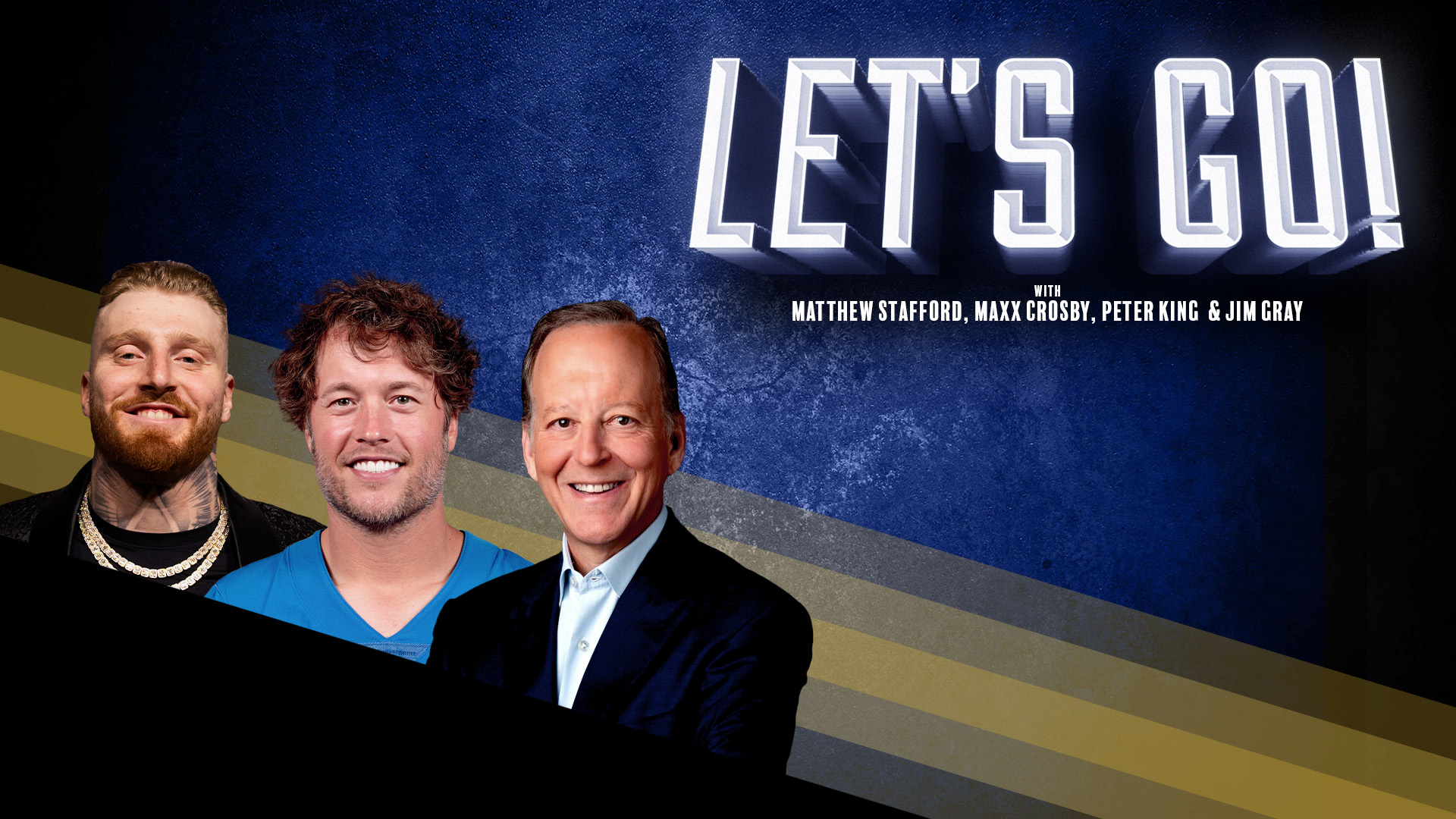Elon Musk’s X isn’t ready for super app status
The post Elon Musk’s X isn’t ready for super app status appeared on BitcoinEthereumNews.com. On May 21, 2025, millions of X users worldwide suffered an outage for hours, the latest in a string of disruptions that have plagued the company lately. Users couldn’t log in, access timelines, or send messages, hardly the hallmarks of a platform aspiring to become a “super app.” Elon Musk’s vision for X is clear: a single, integrated platform that merges social media, payments, messaging, AI services, and commerce. But so far, the execution hasn’t matched that goal. For all of X’s ambitions, the platform struggles to maintain basic functionality, let alone support a layered suite of financial and transactional services. Building a super app requires discipline, not chaos The super app model, best exemplified by WeChat in China, is complex. Besides a backend infrastructure capable of handling vast, interdependent functions, it requires strong regulatory alignment, cultural integration, and sustained focus. WeChat did not evolve through improvisation; it matured under coordinated leadership, with deep cooperation from regulators and a coherent product roadmap. X, by contrast, appears to have adopted an approach defined more by urgency than discipline. In the last year alone, Musk has announced initiatives ranging from encrypted messaging and peer-to-peer payments to AI-generated news and dating features. Yet these product ambitions have coincided with frequent platform outages and a marked decline in service reliability. Super apps do not succeed by layering complexity onto unstable systems. They thrive on trust—technical, operational, and institutional. And trust is difficult to maintain when the platform itself appears brittle. Stretching leadership across six companies risks systemic failure Musk’s portfolio is without precedent in modern corporate history. He is CEO of Tesla, SpaceX, Neuralink, xAI, The Boring Company, and X. Each of these demands persistent execution, high-stakes decision-making, and deep technological engagement. Tesla alone is navigating autonomous driving challenges, supply chain pressures, and cutthroat…

The post Elon Musk’s X isn’t ready for super app status appeared on BitcoinEthereumNews.com.
On May 21, 2025, millions of X users worldwide suffered an outage for hours, the latest in a string of disruptions that have plagued the company lately. Users couldn’t log in, access timelines, or send messages, hardly the hallmarks of a platform aspiring to become a “super app.” Elon Musk’s vision for X is clear: a single, integrated platform that merges social media, payments, messaging, AI services, and commerce. But so far, the execution hasn’t matched that goal. For all of X’s ambitions, the platform struggles to maintain basic functionality, let alone support a layered suite of financial and transactional services. Building a super app requires discipline, not chaos The super app model, best exemplified by WeChat in China, is complex. Besides a backend infrastructure capable of handling vast, interdependent functions, it requires strong regulatory alignment, cultural integration, and sustained focus. WeChat did not evolve through improvisation; it matured under coordinated leadership, with deep cooperation from regulators and a coherent product roadmap. X, by contrast, appears to have adopted an approach defined more by urgency than discipline. In the last year alone, Musk has announced initiatives ranging from encrypted messaging and peer-to-peer payments to AI-generated news and dating features. Yet these product ambitions have coincided with frequent platform outages and a marked decline in service reliability. Super apps do not succeed by layering complexity onto unstable systems. They thrive on trust—technical, operational, and institutional. And trust is difficult to maintain when the platform itself appears brittle. Stretching leadership across six companies risks systemic failure Musk’s portfolio is without precedent in modern corporate history. He is CEO of Tesla, SpaceX, Neuralink, xAI, The Boring Company, and X. Each of these demands persistent execution, high-stakes decision-making, and deep technological engagement. Tesla alone is navigating autonomous driving challenges, supply chain pressures, and cutthroat…
What's Your Reaction?












































